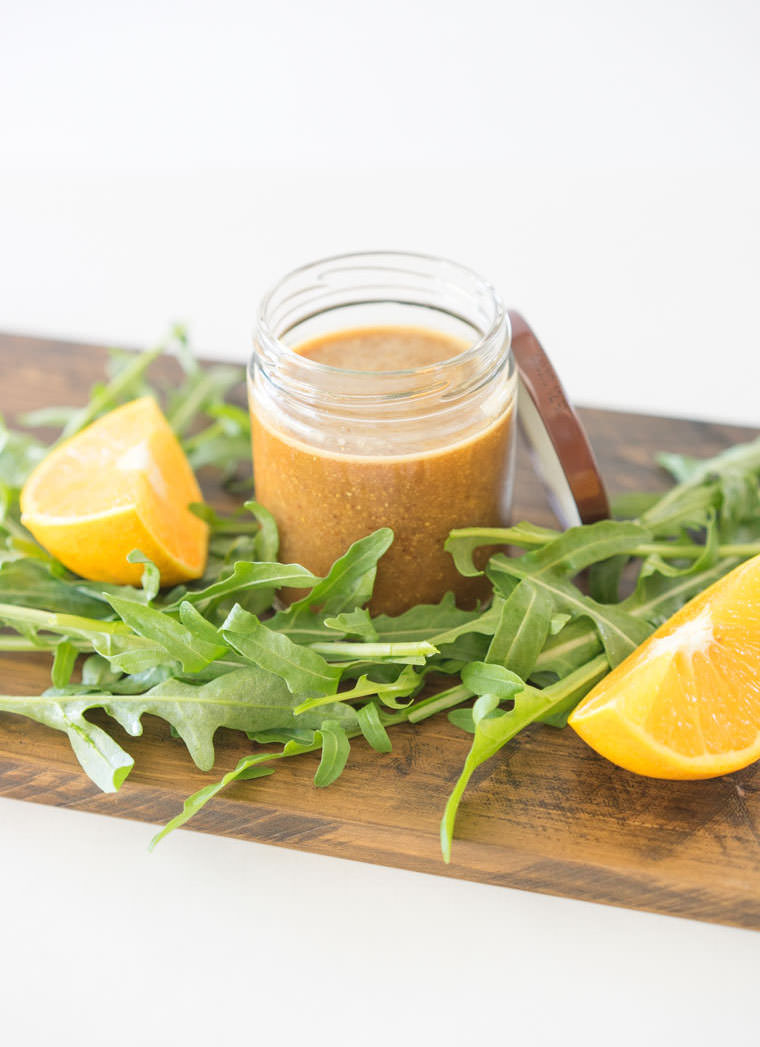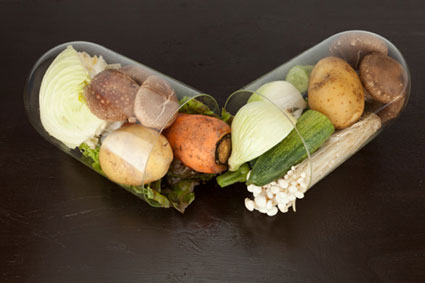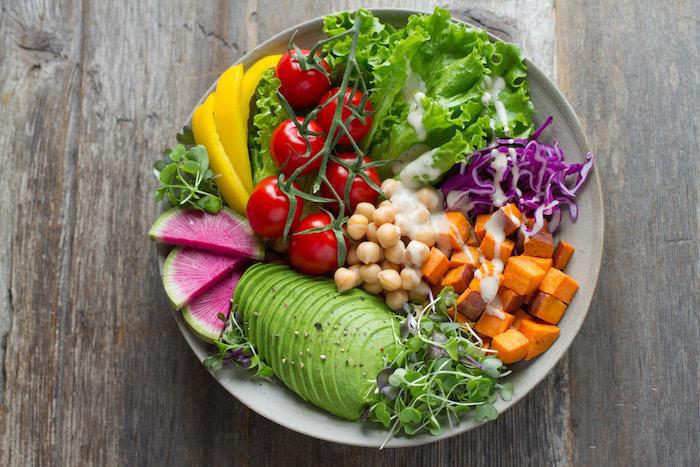
Protein is an essential nutrient for healthy vegan diet plans. Protein can be obtained from plant-based food like whole grains, nuts, seeds and seeds. Look out for flax, chia and hemp seeds if you are looking for more protein. They're full of protein, essential fatty acids, and disease-fighting phytonutrients. They also have antioxidant and fiber properties. Walnuts and almonds are great sources of nutrients and high levels of omega-3 fat acids. Pecans and brazilnuts also provide high levels of magnesium, vitamin A, and zinc.
Protein
When choosing foods to include in a vegan diet plan, you should keep in mind that protein intake will be lower than in a standard American diet. While this is not necessarily a bad thing, high protein diets can increase your risk of kidney disease and osteoporosis. In order to ensure adequate protein intake, it is worth considering adding other foods to your diet.
Calcium
When you eat vegan, it is important to get enough calcium. Many foods are fortified to ensure you get enough calcium. Fortified yogurt 100g provides enough calcium. Fruits, nuts and seeds 80g each provide adequate calcium. You can also add one teaspoon. of dried herb in your diet.

Whole grains
Whole grains are an essential part of any vegan diet plan. They contain many important nutrients. Whole grains can be used in sandwiches, baked goods, salads, and other foods. They can also serve as the base of a curry or stir-fry.
Water
It is essential to drink enough water as part of a healthy diet. It has many benefits for your health, including lowering your risk of kidney stones and diabetes. It can also reduce the risk of urinary tract infections and dental disease. Increasing your fluid intake is also important for people who are transitioning to a vegan diet. Fiber can cause unpleasant digestive changes so ensure you drink enough water.
Saturated Fats
Saturated fatty acids are a category of fatty oils that are mostly found in animal products. But they can also be found within plant foods. These fats are linked with cardiovascular disease. Consuming too many of them can cause serious health problems. American Heart Association recommends a daily intake of five to six percent saturated fat. A healthy vegan diet plan should limit saturated fat intake to no more that a third of daily calories. This is lower than the amount recommended for animal product diets.
Vegetables
Vegetables are a key component of a healthy vegan diet plan. Vegetables are rich in vitamins, fiber, and may lower the risk of some cancers. Vegetables can also be a good source of fiber. This helps to maintain regular bowel movements. Vegetables can be digested more easily than animal products. Vegetables can also be an excellent choice for those trying to lose weight.

Legumes
Legumes can be a delicious plant-based food. They are rich in protein as well as fiber. They can be added to your meal as an ingredient or side dish. They can be added to desserts.
WSLF diet
The WSLF diet has become quite popular with YouTube and Instagram celebs such as Alex and Kristin MacDowell. It is based heavily on whole grains and starchy vegetables. You can also get healthy fats from avocados, nuts, seeds and avocados.
FAQ
What is the difference in fat and sugar?
Fat is an energy source from food. Sugar is a sweet substance that can be found naturally in fruits or vegetables. Both sugars, and fats, have the same calories. However, fats provide more calories than sugars.
The body stores fats and they can lead to obesity. They may cause cholesterol buildup and lead to strokes or heart attacks.
Sugars are quickly absorbed by the body and provide instant energy. This causes blood glucose levels rise. High blood glucose levels can pose a danger because they increase the chance of developing type II Diabetes.
These are five tips to help you lead a healthy lifestyle.
These are 5 ways you can live a healthy and happy life.
A healthy lifestyle means eating right, being active, getting enough sleep, managing your stress levels, and having fun. Good eating habits include avoiding processed foods, sugar, unhealthy fats, and avoiding junk food. Exercise burns calories and strengthens the muscles. Get enough sleep to improve your memory and concentration. Stress management helps reduce anxiety and depression. Fun is the key to keeping us healthy and happy.
Exercise: Is it good or bad for immunity?
Exercise is good exercise for your immune system. Exercise increases white blood cell production, which helps fight off infection. You also eliminate toxins. Exercise can help prevent heart disease and cancer. It reduces stress.
But, too much exercise can lead to a weakening of your immune system. If you work out too hard, your muscles become sore. This causes inflammation and swelling. To fight infection, your body will produce more antibodies. This can lead to allergic reactions and other autoimmune disorders.
So, don't overdo it!
Why should we have a healthy lifestyle to begin with?
A healthy lifestyle will help us live longer and happier lives. A healthy lifestyle, regular exercise and good sleep habits will prevent the development of diseases such as stroke, diabetes and heart disease.
A healthy lifestyle can also help improve mental health and make it easier to deal with everyday stressors. A healthy lifestyle will increase self confidence, and it will make us feel younger.
What can I do to lower my blood pressure?
The first thing you need to do is find out what causes high blood pressure. Next, you must determine the cause and take steps to decrease it. This could be as simple as eating less salt, losing weight (if necessary), or even taking medication.
Exercise is also important. Walking is a great alternative if you don't have the time or energy to exercise regularly.
You should join a gym if you are unhappy with your exercise routine. You will likely want to join an exercise group that shares your goals. It is easier to adhere to a fitness routine when someone else will be there with you.
Statistics
- WHO recommends consuming less than 5% of total energy intake for additional health benefits. (who.int)
- In both adults and children, the intake of free sugars should be reduced to less than 10% of total energy intake. (who.int)
- Extra virgin olive oil may benefit heart health, as people who consume it have a lower risk for dying from heart attacks and strokes according to some evidence (57Trusted Source (healthline.com)
- The Dietary Guidelines for Americans recommend keeping added sugar intake below 10% of your daily calorie intake, while the World Health Organization recommends slashing added sugars to 5% or less of your daily calories for optimal health (59Trusted (healthline.com)
External Links
How To
27 steps to a healthy lifestyle if your family only eats junk food
Cooking at your home is one of the easiest ways to eat healthier. This is difficult for people who don't know how to cook healthy meals. This article will help you make healthier choices while dining out.
-
Consider eating at restaurants that serve healthy meals.
-
Order salads and vegetables before ordering any meat dishes.
-
Ask for sauces made without sugar.
-
Avoid fried items.
-
Request grilled meats instead of fried ones.
-
If you don't really need dessert, do not order it.
-
You should always have something else after dinner.
-
Take your time and chew slowly.
-
Drink plenty of water while eating.
-
Breakfast and lunch should not be skipped.
-
Take fruit and vegetables along with every meal.
-
Consider drinking milk instead of soda.
-
Avoid sugary beverages
-
Limit the amount of salt in your diet.
-
Try to limit your frequent visits to fast-food restaurants.
-
If temptation is too strong for you, invite someone to be your friend.
-
Don't let your children watch too much TV.
-
During meals, turn off the TV.
-
Drink no energy drinks
-
Take regular breaks from work.
-
Get up early in the morning and exercise.
-
Every day, exercise.
-
Start small, then build up slowly.
-
Set realistic goals.
-
Be patient.
-
Even if you don’t feel like it, find the time to exercise.
-
Positive thinking is key.